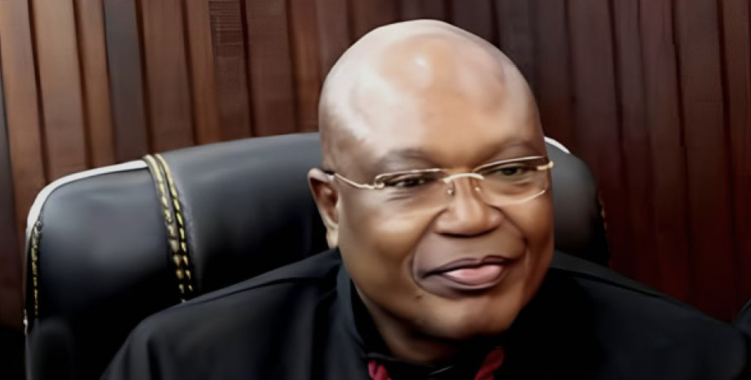Sérgio Raimundo, lawyer for one of the defendants in the "500 million" case (the former governor of the National Bank of Angola, Valter Filipe) and defender of businesswoman Isabel dos Santos, daughter of former President José Eduardo dos Santos in Angola, among others media clients, was speaking this Tuesday on the sidelines of an initiative by the Angolan Bar Association where an assessment was made of the first six months of the new management's mandate, led by José Luís Domingos.
"In Angola there is no fight against corruption, what is happening in Angola is a fight between two groups within the same party that supports the [MPLA] Government, that is, those who were in power yesterday and those who are in power today power, in quotation marks, because they were all there. But this second group that is in power today thinks that they ate less compared to those who were there yesterday, who ate more", said the lawyer.
Since becoming President, João Lourenço, who is currently serving his second term, has chosen the fight against corruption as his flagship, leading figures close to and family members of his predecessor, José Eduardo dos Santos, targeted in legal proceedings, to complain of persecution and the selectivity of national justice.
According to Sérgio Raimundo, what we are witnessing is an "internal war to transfer the ownership of the goods that others have accumulated, from their legal spheres to the legal spheres of the new elite", including "the sale of seized goods at random, with little transparency".
"Tomorrow we will all discover that they are in the legal and patrimonial sphere of those who are governing the country today", he insinuated.
The lawyer also said that the way in which the fight against corruption was conducted contributed to the destruction of jobs and devaluation of assets and that the lack of strategy in combating corruption made the result "disastrous", adding that "people have We need to be humble and have the capacity to learn" to correct this situation.
Asked about how the internal struggle could affect the next general elections, which will take place in 2027, he highlighted that "the MPLA has fallen into total discredit", remembering that the party that has governed Angola since independence in 1975, has lost its main stronghold politician, Luanda, for UNITA's opponents in the last elections.
"This cannot be ignored. You have neighborhoods in Luanda today, which were the heart of the MPLA stronghold in Luanda, where an MPLA activist cannot enter there wearing an MPLA shirt", he highlighted.
Regarding 2027, he said he hopes "that the worst [the MPLA's defeat] doesn't happen (...) and, secondly, what nobody wants is for the people to one day get fed up with all this confusion and rise up."
The lawyer gave a "terrible" assessment of Angolan justice, stating that what has been witnessed "does not enhance" either the country or justice, which he considered "the last moral reserve of a society".
He highlighted, on the other hand, that, if the current image is maintained, "people will hardly believe in the institutions" and Angola will have more difficulty attracting investment, because "there is no legal security" in the country.
For Sérgio Raimundo, "Angola's problem lies in the system that is set out in the Constitution", which is why the country needs a reform of the State that begins with a profound review of the Constitution.
At stake, he said, are issues such as the functioning of sovereign bodies and the governance model in which all powers are concentrated in a single person.
"As long as this remains, it will be difficult to talk about the country's development, the development of democratic institutions, their consolidation and affirmation", he summarized.
For the lawyer, the presidential system itself, which is enshrined in the Constitution, is "atypical", as the holder of executive power should report directly to the deputies of the National Assembly.
"When there is no accountability, this opens up a field for speculation, for everything else," he emphasized.
He therefore considered that the fight against corruption would have to start with a review of the Constitution.
"I am not against President João Lourenço. Any citizen who exercises the functions of President of the Republic in this current model will have the same result. They will do the same or worse", he stressed.
Regarding the differences between the Supreme Court and the Constitutional Court regarding the "500 million" case, which involves one of the sons of former President José Eduardo dos Santos, he declined to comment on the case, remembering that he was a representative of one of the parties.
Raimundo said that the last instance of justice is that of the Constitutional Court "and, therefore, the decisions of the Constitutional Court must be mandatory".
Last week, after the Constitutional Court declared the unconstitutionality of the ruling that sentenced José Filomeno dos Santos "Zenu" and three other defendants for violating the principles of legality and contradictory principles and a fair trial, the Supreme Court decided to maintain the conviction, for concluding that "the unconstitutionalities raised in the appeal to the Constitutional Court (TC) are duly expunged".







